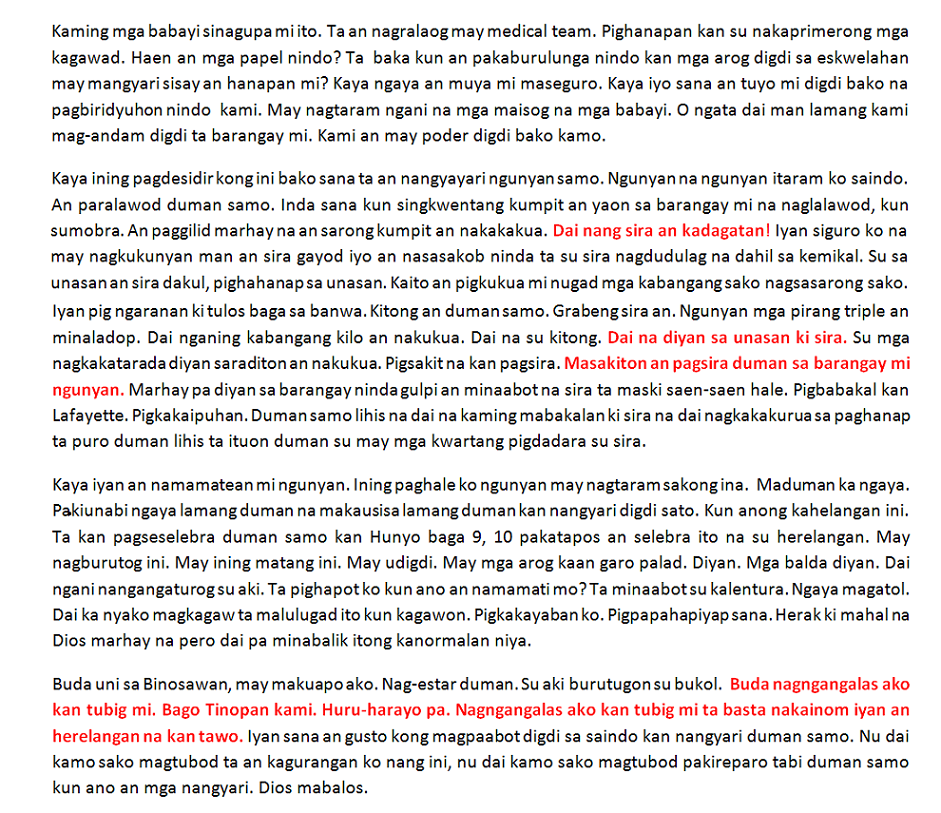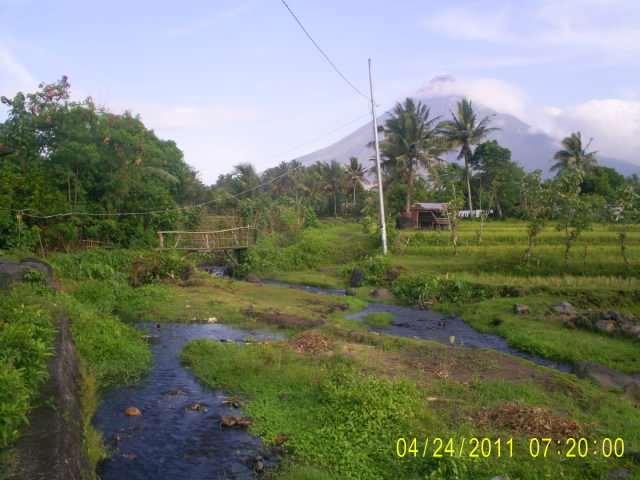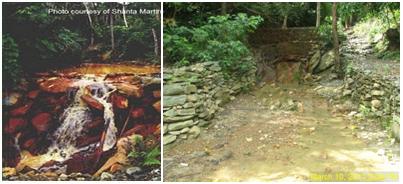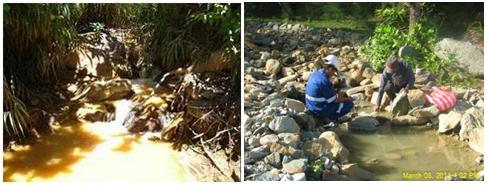Maureen Maquiddang
abs-cbnnews.com/Newsbreak
Saturday, 19 April 2008
A mining watchdog group today revealed a trend of increasing human rights violations and legal harassment against anti-mining advocates under the Arroyo administration, particularly since a 2005 Supreme Court decision opened the Philippines to foreign mining companies.
"We noticed that under the Arroyo Administration, there’s increasing human rights violation. Out of the 23 environmentalists killed since 2001, 18 were involved in the campaign against mining," said Clemente Bautista, national coordinator of the Kalikasan People’s Network for the Environment (Kalikasan-PNE).
In a press conference, Kalikasan cited cases of harassment, abduction, and disappearance of mining activists by the local partners of foreign mining firms.
A recent case involved a pastor, Monsignor Crisanto de la Cruz, who has been receiving death threats for leading protests against the entry of Chinese firm Linktone International Mining Corp. in Zamboanga City .
In 2005, a teacher in Quezon who was active in opposing the Mirant Coal Power Plant was assassinated. Another mining activist was abducted and has not been found.
SLAPP'd activists
Bautista said that legal raps are also used to intimidate and harass activists. They call these the "strategic legal actions against public participation or SLAPP."
"We need to organize support groups because of the increase in SLAPP cases," said Frances Quimpo of the Centre for Environmental Concerns (CEC) who was sued for libel by Lafayette Philippines Inc. in July 2007 for her group’s publication about the Rapu-Rapu Polymetallic Project. CEC’s Danilo Ramos was a co-accused.
On August 2, Oceana Philippines Inc. and its foreign partner, RoyalCo Ltd. of Australia , filed a permanent injunction against 24 leaders of the indigenous communities in Kasibu, Nueva Vizcaya, for setting up a barricade against Oceana’s drilling equipment in July.
The company also sued Kasibu Mayor Romeo Tayaban for contempt of court for supporting the barricade of IP leaders.
In November, employees of the Sibuyan Properties Development Corporation (SNPDC) filed charges of grave coercion and illegal assembly against 85 residents, including 12 public school teachers, in Sibuyan Island for holding a picket near the mining site the month before.
"The protesters were bare-handed. The protest was not even for the SNPC; it was for the group of UP researchers who would be conducting a survey on the mountains in favour of the company Filipinas Top Rock Mines," said Elma Perez Galicha, a defendant in the case.
The Supreme Court had declared the Mining Act of 1995 unconstitutional for allowing foreign-owned companies to exploit the Philippines ’ natural resources. The tribunal reversed itself and upheld the law in 2005. This paved the way for the entry of foreign mining firms, in some cases in partnership with local partners that had records of irresponsible operations.
































































































































No comments:
Post a Comment